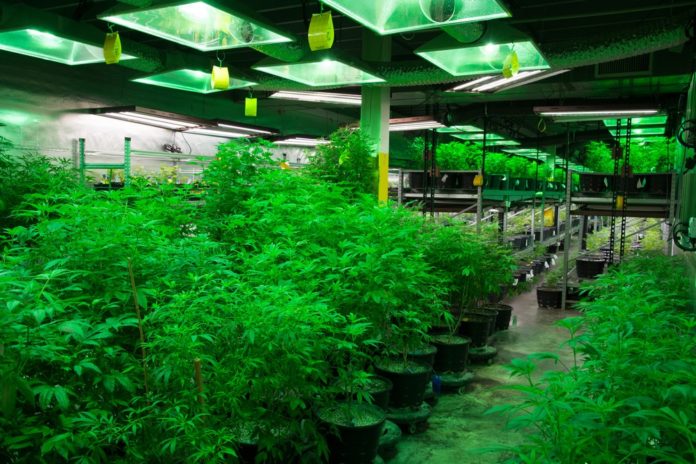PORTLAND, Ore. – Oregon growers are producing three times more cannabis than can be consumed, and the “massive” overproduction has been a boon for the black market, according to U.S. Attorney Billy Williams. On Friday, he told a summit of federal law-enforcement representatives, state officials, and members of the cannabis industry he intends to “do something” about the situation immediately.
“Make no mistake about it, we are going to do something about it,” Williams said. “Here’s what I know in terms of the landscape here in Oregon, and that is we have an identifiable and formidable marijuana overproduction and diversion problem.”
Last month, in an op-ed published by Oregon Live, Williams wrote law enforcement in 16 other states reported confiscating marijuana from Oregon in 2017. Postal agents in Oregon reported 2,644 pounds of marijuana were seized in outgoing packages last year.
“This lucrative supply attracts cartels and other criminal networks into Oregon and in turn brings money laundering, violence, and environmental degradation,” Williams wrote.
But is legalization adding to the black market, or is illicit product simply easier to trace now that legal cannabis is regulated?
“When I moved to Oregon in 1979, cannabis was a billion-dollar crop then, so the notion that this is somehow caused by legalization or by the medical program is something that’s misplaced,” Leland Berger, an attorney who handles cannabis cases, told The Seattle Times.
Williams’s announcement comes at a time of heightened anxiety in the industry. Last month, U.S. Attorney General Jeff Sessions rescinded the Cole Memo, a key protection for state-legal marijuana businesses and consumers.
Oregon Governor Kate Brown said she does not feel Williams’s eagerness to address overproduction will result in a mass crackdown or disruption of the industry.
“Lawful Oregon businesses remain stakeholders in this conversation and not targets of law enforcement,” she told attendees at the Friday summit.
Oregon authorities did not set a limit on the number of grower licenses the state would allow. Currently, 900 licensed recreational growers populate the state, and more than 1,100 license applications are awaiting approval.











